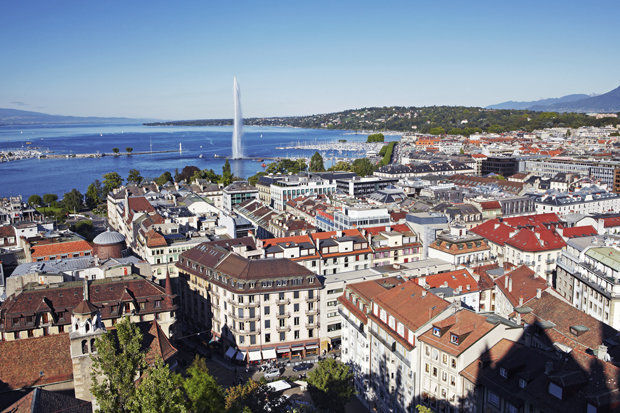The Government of the Republic of Korea has deposited its instrument of ratification, thereby becoming the most recent Party to the Minamata Convention. This is even as the pact’s third meeting of the conference of its parties (COP3) begins on Monday, November 25, 2019 in Geneva, Switzerland.

Also referred to as South Korea, the East Asian nation on the southern half of the Korean Peninsula made the deposit on Friday, November 22 to bring to 115 the number of Parties to the mercury agreement.
Executive Director of the UN Environment Programme (UNEP) and Under-Secretary-General of the United Nations, Inger Andersen, will officially open COP3, which is being attended by over a thousand participants – including parties’ representatives, non-parties governments, intergovernmental organisations, UN bodies and NGOs.
Participants will meet to review progress and challenges regarding the implementation of the Minamata Convention on Mercury in the world.
At the official opening ceremony, Andersen will be joined by David Kapindula (Zambia), current President of the Conference of the Parties (COP), and Rossana Silva Repetto, Executive Secretary of the Minamata Convention.
The COP was convened during a one-week period in late September (2017 – COP1) and November (2018 – COP2) at the seat of the Secretariat in Geneva. On this occasion, the third in the series, Zambia is presiding the meeting.
“This meeting is crucial to strengthen our ability to control mercury and create a safer environment for healthier current and future generations,” Kapindula said.
During the plenary sessions, the official meeting documents will be discussed in order for the COP to make decisions on matters such as the framework for evaluating the effectiveness of the Convention, the adoption of technical guidance documents, and the work programme and budget of the secretariat for the biennium 2020-2021.
The meeting’s official activities include 26 side events and knowledge labs that will discuss broader issues such as the linkages between chemicals management and biodiversity, chemicals and waste management beyond 2020, and global community’s efforts to protect human health and the environment from the negative effects of mercury, among others.
“It is an ambitious agenda that will allow the parties to agree on the next steps of the implementation of the Minamata Convention as deadlines for ‘phasing out’ mercury-added products and the use of mercury and mercury compounds in manufacturing processes approach. I am convinced that the very committed parties to the Minamata Convention will agree on the various actions that are necessary to help the world address the most challenging mercury issues and attain the objective of the Convention,” Repetto emphasised.
While seeking to push for dental amalgam phase out at the COP, the African region has put its weight behind a proposal that seeks an amendment to Annex A to the Convention by moving dental amalgam from Part ll to Part l of Annex A.
The region has also said it needs more financial support to implement its obligation under the Convention particularly in introducing alternatives to the use of mercury in artisanal and small-scale gold mining which is a common practice across the continent.
These were part of the resolutions reached at the end of the African Regional Preparatory meeting in Accra, Ghana from October 15 to 16.
Since it entered into force on August 16, 2017, parties have been working together to control the mercury supply and trade, reduce the use, emission and release of mercury, raise public awareness, and build the necessary institutional capacity.
The meeting, it was gathered, will play a critical role in the future of the Convention, which aims at protecting the human health and the environment from the adverse effects of mercury, a highly toxic heavy metal considered by the World Health Organisation (WHO) as one of the top 10 chemicals of major public health concern.
Nigeria on Thursday, February 1, 2018 deposited its instrument of ratification, thereby becoming the 88th Party to the Convention.
The Minamata Convention on Mercury (“Minamata Convention”) is an international environmental convention for global community to work collaboratively against mercury pollution. It aims at achieving environmentally sound mercury management throughout its life cycle. The Convention was adopted at the diplomatic conferences held in Minamata City and Kumamoto City in October 2013.
The mercury accord entered into force on Thursday, May 18, 2017 after having garnered the required 50 ratifications.
